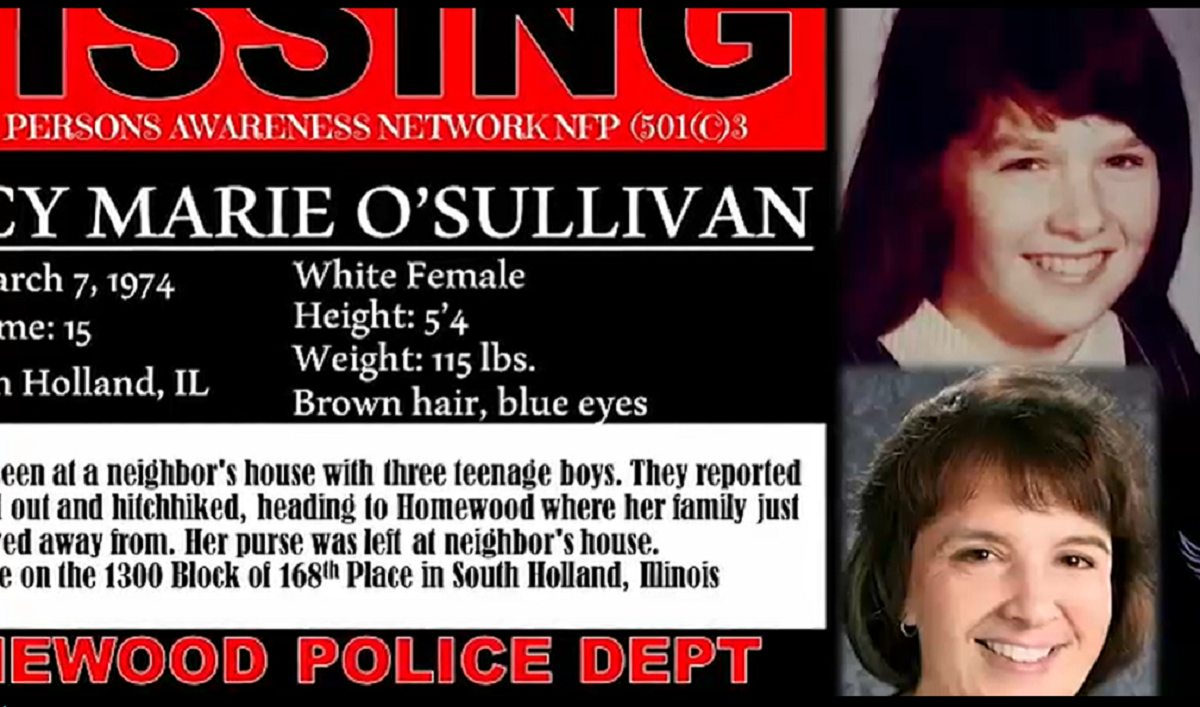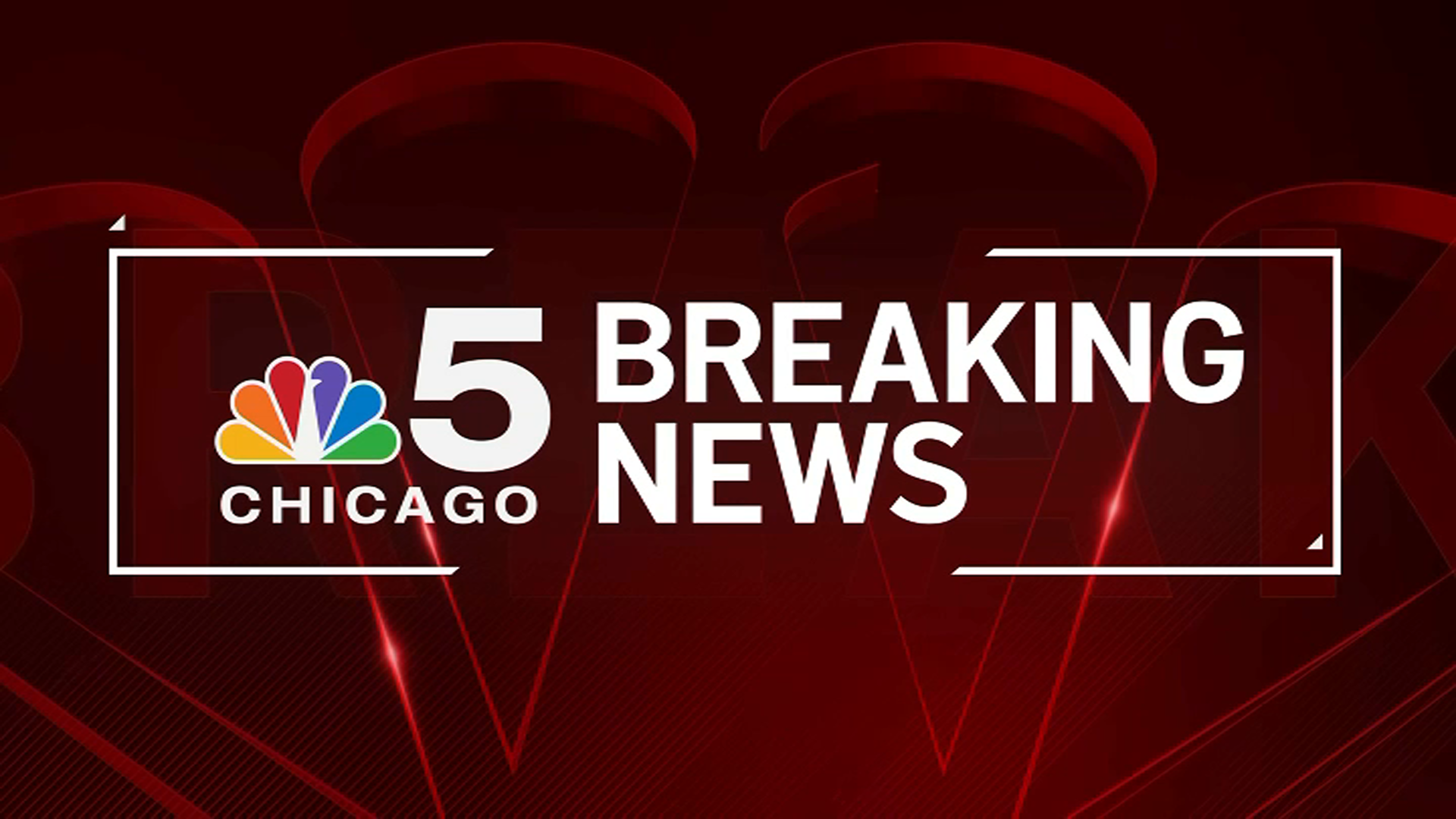Not even a springtime snowstorm could dampen what has been an enthusiastic start to early voting for Chicago’s April 7 runoff election. In the first two days of early voting, this week, nearly twice as many Chicagoans voted than did in the first two days of early voting in February’s initial municipal election.
After day three, Wednesday, unofficial vote totals showed that 33,527 Chicago residents had cast votes, early. The votes came from all 50 wards that make up Chicago, and voters have been going to the polls to vote to decide the next mayor.
Additionally, 19 wards are also holding runoff elections for aldermanic seats. That may be an unprecedented number of city council runoff elections, in addition to a relatively right mayoral race.
It is clear that Chicago voters have jumped out to a quick start in this runoff election, but determining what it will all mean for campaigns is impossible, at this point. Does the high initial early vote turnout mean that more voters will cast ballots than did last month?
Perhaps not. After all, early voting was initially up before the Feb. 24 election, as well, but in the end, turnout for that election was much weaker than it was in 2011.
Local
More initial energy could simply mean that the same amount of voters are excited enough to get the exercise out of the way, off the bat, and not that more and different voters are taking part in this election. As of Wednesday evening, some of the wards with the most runoff early votes took place in those with runoff aldermanic races.
Some of those are wards have aldermen who support Mayor Rahm Emanuel for reelection, and others are in areas where elected officials support challenger Jesus “Chuy” Garcia. In either case, we can’t yet know how much mechanical support is being given to either mayoral candidate from local leaders who may be preoccupied with getting themselves reelected, and who may not have enough political support or goodwill among voters themselves to share.
Chicago politics and elections expert Dick Simpson, the head of the University of Illinois at Chicago’s Political Science Department tells us that, since its inception in Chicago, early voting turnout has increased with every election. “Turnout in early voting election has increased in every election, including in last month’s election, even though overall vote was down,” he says.
Simpson predicts that overall voter turnout will be much higher for the April 7 election, than it was last month. “Early voting suggests that we will have a much greater vote than the 33 percent of people who voted in February. I believe that it will be more than 50 percent, but there is really no way to tell,” he goes on.
Overall, Simpson guesses that the high early voting turnout favors Garcia. “A lot will also have to do with aldermanic elections, but my guess is that early voting is favoring Garcia because his campaign has pushed campaign workers and others to vote early,” he explained.
Ward Room contacted representatives for both Emanuel and Garcia, and both campaigns expressed optimism that the high runoff early voting turnout bodes well for their guy’s chances.
A representative from the Emanuel campaign told us that the Mayor has been “strongly encouraging Chicagoans to cast their ballots early while he’s out knocking on doors and calling voters.”
The representative also told us that Emanuel’s campaign considers early voting “a critical piece of this election,” because it “gives more Chicagoans the chance to vote in an election where the stakes are so high.”
Garcia’s campaign manager told us that the Cook County Commissioner’s campaign operation, which performed quite well last month, is “more seasoned,” and that Garcia’s people are now “treating every day like election day, at this point.”
Sharp also told us that on any given day this week, Garcia’s campaign sends out between three and four hundred canvassers directly to the homes of Chicago voters. He also said that they are holding vote rallies in communities across the city.
“We’ve got 10 field offices around the city, we’ve spent time identifying thousands of voters, and now the focus is on turning them out to vote,” he said.
In Sharp’s mind, the high voter turnout in the runoff election’s early voting period includes a lot of voters who didn’t participate in last month’s initial election. As the campaign manager for the underdog challenger, potentially new and motivated voters encourage Sharp.
“We are very excited by the turnout levels we’ve seen so far. I’ve said all along that in the runoff there was going to be a whole new group of voters engaged who did not vote the first time around. People get the sense that we’re in the playoffs, now,” he reasoned.
Sharp acknowledged that because of their candidate’s late entry into the race last fall, the Garcia campaign perhaps didn’t enough time to register a great deal of new voters. However, their campaign believes that they are still in a much better position to beat Emanuel than the latest polls might indicate.
In the Feb. election, Garcia’s vote totals far exceeded where most public polling numbers had him throughout the race. Now, about 15 points behind Emanuel in some polling, Sharp says that the Garcia campaign’s own internal polling paint a much different picture.
“Public polling consistently underrepresents Commissioner Garcia’s support by about 10 to 14 percent,” he told us.
“From our own internal polling, we feel like we’re in a strong position to win this election.”



